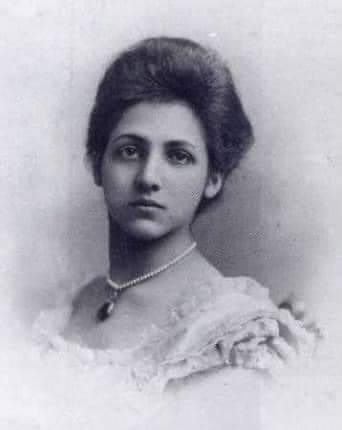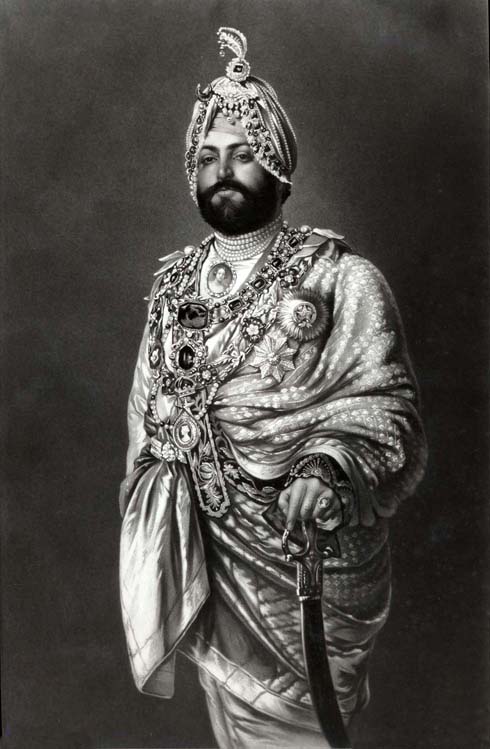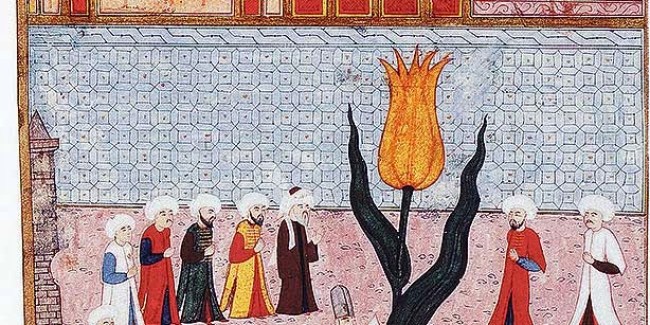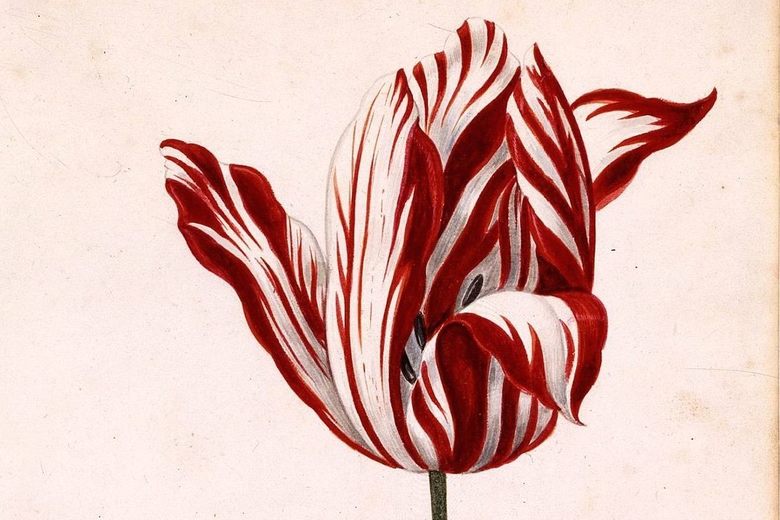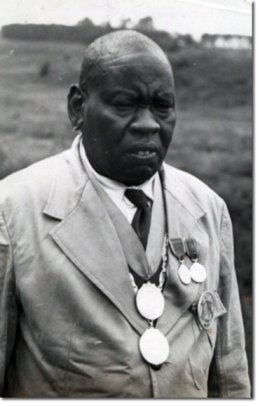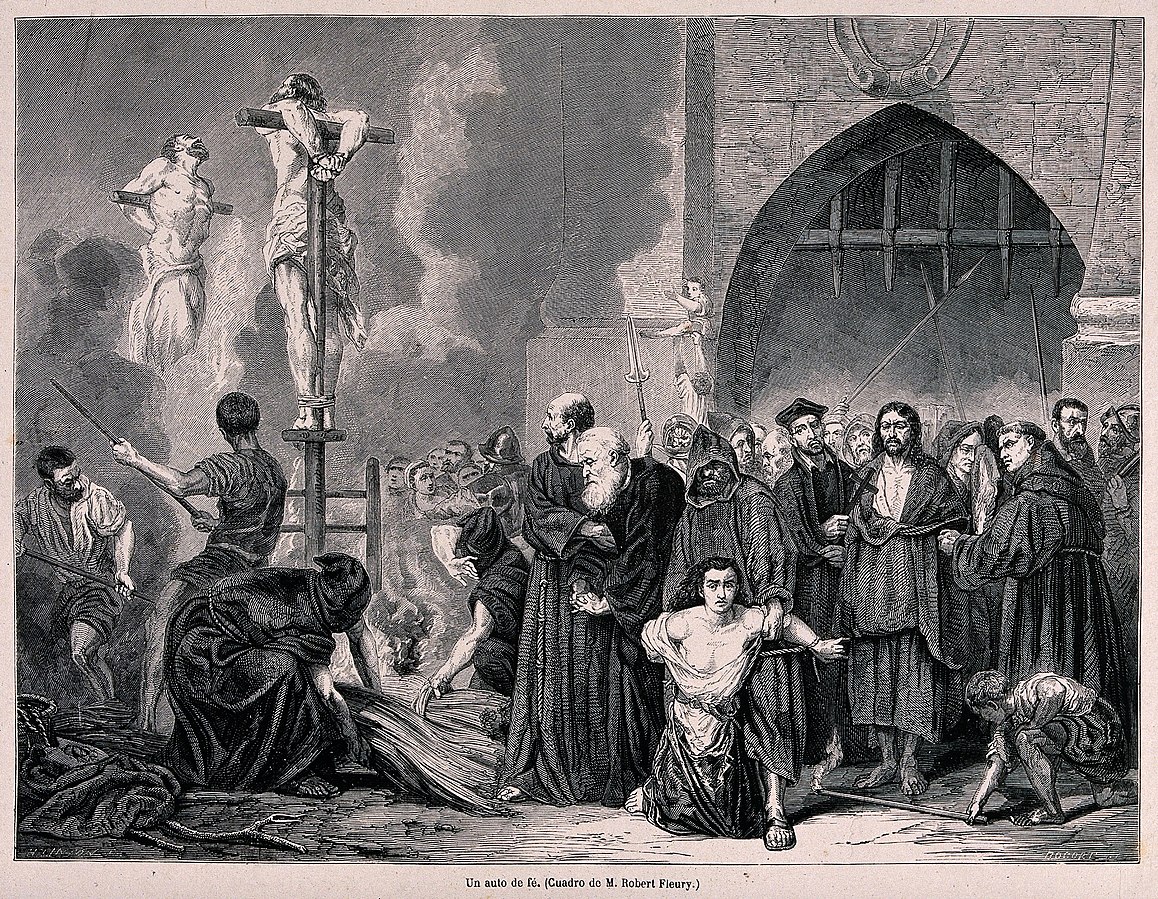First came the early Aryans from India and later Kushans, the Indo-Scythians, the Mongols and then Muslim Turks from Central Asia and China.
“The history of India has for its landmarks not wars and emperors but saints and scriptures.”
Lalleshwari (1320 - 1392) locally mostly known as Lal Ded, was a Kashmiri mystic of the kashmir shaivism school of philosophy she was the Creator of the style of mystic poetry called Vatsun or Vakhs, literally "speech" (voice). Known as Lal vakhs.
Her verses are the earliest composition in the Kashmiri language and are an important part in the history of modern kashmiri literature. She inspired and interacted many sufis of kashmir.
She is also known by other names like Lal Ded, Mother Lalla, Lalla Arifa, Lal Didi, Lalleshwari, Lalla yogeshwari and lalishri.
Lalleshwari was born in pandrethan (ancient puranadhisthana) about 4.5 miles of the south east of Srinagar, in a kashmiri pandit family
during the time of sultan (invader) Ala - ud - din, there is evidence of the fact that in those times, liberal education was imparted to women. From her vakhs, it is thought that she was educated in the early part of her life at her fathers house.
Lal Ded, was one such poet saint of Kashmir, who lived in early fourteenth century. At that time Kashmir was home to bhaktas of Shiva and Vishnu, to Islamic Sufis, as also to followers of Tantric Buddhism.
Lalla’s poems are a reflection of all these influences,
but ultimately express her own veneration and self-realisation culminating from her meditations and yogic discipline. Her poems, though a vocalization of her spiritually intense experiences, instantly appealed to the masses because she spoke in the common metaphor of her day.
Greatly respected even today her deep, effective sayings continue to inspire scholars and lay people alike in the valley.
In “Lal Ded - The Poet who gave a Voice to Women”. Prof. Neerja Mattoo says:
In the fourteenth century, a woman writing in any language was a rarity, but
it happened in Kashmir.
A voice, which set off a resonance heard with clear tone till today, spoke directly to the people and what is more, was heard with all seriousness, recorded in collective memory and later, the words put down on paper.
This path-breaking woman is the mystic poet Lal Ded, whom the Kashmiris venerate to this day as a prophetess, moral guide and a fount of practical wisdom. Her word is quoted at every step in their lives. In fact the very language owes most of its richness of phrase and metaphor
to her contribution to it. Apart from its spiritual message, her work, like Shakespeare's, has a timeless meaning accessible to people of different intellectual levels. Unlike most women who have left an imprint on history,
she was not related to an important person in the social or spiritual hierarchy of the time. (Unquote)
Tradition has it that she was from a Brahmin family from a village near Srinagar.
She was married off at the age of twelve to Nika (Sona) Bhat of Drangbal near Pampore.
The ill-matched marriage was doomed from the start. Ignored by her insensitive husband and ill-treated by her mother-in-law, she bore her fate as long as she could with patience. The daily humiliation she suffered is very evident from the following story.
It goes that every day she was apportioned just a little rice to eat, with a stone hidden underneath to make it appear like a lot more. Without protest, with endurance Lalla would eat her meager portion, wash the stone and plate and put them back together for her next meal.
This practice prompted her to say:
They may have mutton, but for Lalla the stone is the only fare
Lalla’s Lake/Pond
Saints of her stature always have legends and miracles associated with their lives.
One of Lalla’s chores was to fetch water for the household every morning, after ablutions at the ghat and a visit to the temple.
One day, instigated by his mother, the jealous Nika broke the pitcher of water she brought home.
To their utter amazement the water continued to hold its shape on her head.Not a drop spilled. With this she filled all the pots in the house. And where the shards of the broken clay pitcher fell, there arose a fresh water spring to form what came to be known as Lalla’s Lake/Pond
This spring is now dried up but to this day it is called Laila Trag (trag means "pond/marsh"). According to history it went dry in 1925-26.
Unable to endure her distressful marriage any longer, she finally left her husband in her early twenties.
She became a disciple of a respected saint, Sidh Srikanth, in the Kashmir Shaivism tradition of yoga. Later she wandered about, from village to village, going naked or nearly naked, and singing songs of enlightenment (Vakhs).
Indeed there are many similarities between her life and her near contemporary Mirabai.
She sang -
Dance, Lalla, with nothing on
but air: Sing, Lalla,
wearing the sky.
Look at this glowing day! What clothes
could be so beautiful, or
more sacred? (1)
This is a beautiful concept – to dance with nothing on but air – to be free of social pretences and prejudices, to be in the present and enjoy the sacredness of simply Being. Delving beyond the apparent meaning, one sees Lalla’s heightened state of awareness in her words.
About her critics she said
gaal gandiy-nyam bol padiy-nyam
Dapineym tiy yas yih routse,
Sahaza-kusamav puuz karineym,
Boh amalloun ta kas kyaah mvotse (2)
Meaning :
They may abuse me or jeer at me,
They may say what pleases them,
They may with flowers worship me.
What profits them whatever they do?
I am indifferent to praise and blame.
A'saa bol pa'ddiy-nyam saasaa
Mey mani waasaa khiid na heaye;
Boh youd sahaza Shankar-bakts aasaa,
Makris saasaa mal kyaah peyye (3)
Let them mock at me and call me names.
If a true devotee of Siva I be,
I shall not feel distressed nor hurt.
Can a few ashes a mirror befoul?
"Shiva is all-pervading and present in each particle.
Never differentiate between a Hindu and a Muslim.
If you are shrewd and intelligent, know THY SELF.
There lies acquaintance with god". *
Like Kabir, who of course came much later, she did not hesitate to lash out even at priests
“Idol is of stone temple is of stone;
Above (temple) and below (idol) are one;
Which of them wilt thou worship O foolish Pandit?
Cause thou the union of mind with Soul.”
again in this short poem where she minces no words
O fool,right action does not lie
in observing fasts and ceremonial rites.
O fool, right action does not lie
in providing for bodily comfort and ease.
In contemplation of the Self alone
is right action and right counsel for you.
No right thinking person can dispute the status of Lalla Ded as Shaiva yogini . She took the Shaiva-praxis to recognise her essential worth as Shiva.
Lalla Ded was a bhaktin too, who is consensually ranked with great bhaktas like guru Nanak, Sant Kabir, Meera Bai, Raidass, Tulsi Dass et all. Prof. B.N. Parimu in his monumental studies on Lalla Ded uneqivocally calls her the fore-runner of the Bhakti.
Movement in India. As yoga and bhakti are not mutually contradictory to each other, Lalla meticulously practised bhakti yoga. Her self-image as a ‘bhaktin’ had fortified her against the zig zags and adversities of life and world,
and had invested her person with absolute equipoise and equanimity of temper and deportment.*
Towards the end of her life Lalleshwari is believed to have gone to Bijbehara town in Anantnag district in South Kashmir where, her soul arose as a flame, to merge into the Supreme Soul.
An interesting anecdote associated with her death is analogous to that of Kabir’s. Both Hindus and Muslims staked a claim to her body, so she settled the dispute in a miraculous way. It seems her spirit asked those present to bring two large washbasins.
The body is said to have sat inside one with the other inverted over the head. Thereafter the body is stated to have shrunk slowly till the two washbasins overlapped. When her followers lifted the inverted basin, they found there a liquid formation.
Half of the liquid is said to have been taken by the Hindus for cremation and the other half by the Muslims for burial adjacent to the local Jama Masjid.
“Give up imagining that the skill of killing desire,
and meditating on the Self are too costly to buy;
He stands close by you! Do not look for Him far away.
The void was dissolved in the Void!”
References:
* Bhakti and Worship in Scriptures in Kashmir Shaivism and Lal Ded Vakh by Prof. M.L. Koul
(1) Poetry Chaikhana
(2)
https://t.co/8Qn2srf9oY # Poet Seers
Other Web Sources
Saints and Sages of Kashmir
Image courtesy:
https://t.co/J6gcWtkR8U




